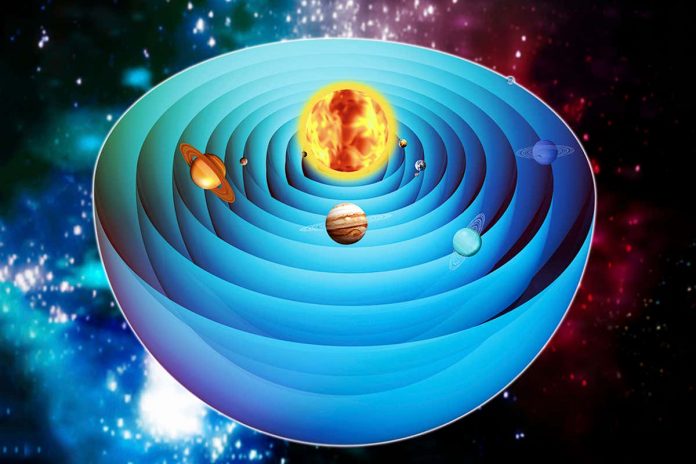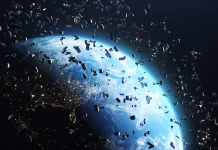[ad_1]
Carlo Rovelli’s bestsellers saw him dubbed the poet of physics and showed a mind seeking knowledge for its own sake. His new book, There Are Places in the World Where Rules Are Less Important Than Kindness, reminds us why we need more minds like his
Space
28 October 2020

Victor Habbick Visions/Science Photo Library
I APPROACHED Carlo Rovelli’s latest book with trepidation, bordering on dread. The Italian quantum gravity researcher’s previous bestsellers – Seven Brief Lessons on Physics, Reality Is Not What It Seems, The Order of Time – have seen him playing on home territory, where his lucid, lyrical touch won him a reputation as “the poet of physics”.
But his new book’s title, There Are Places in the World Where Rules Are Less Important Than Kindness, suggested it might have gone to his head a bit. It is a collection of Rovelli’s journalism, mainly for Italian outlets such as the daily newspaper Corriere della Sera, with musings not just on physics, but politics, philosophy, anthropology and the history of ideas. When physicists play public intellectual, it often doesn’t end well. Best to stick to the stuff you know.
I needn’t have worried, though. Rovelli does stick to the stuff he knows, but that turns out to be quite a lot. It makes for a joy of a book – enriching, illuminating, eclectic and far from a conventional science read.
Rovelli is as comfortable discussing his own work on black holes (see “Physicist : Could black holes someday turn white?”) as he is considering novelist Vladimir Nabokov’s passion for butterflies, or reflecting on his own involvement in the Italian student protests of 1977 – in which, he intriguingly lets slip, he was accused of seditious association and forced into hiding.
The mouthful of a title (a trend besetting the publishing industry) comes from the longest essay in the book, describing a day he spent in the rural environs of Mbour, Senegal.
Rovelli describes how a man insists on carrying his sandals into a mosque for him when he has committed the faux pas of forgetting to remove them. It is one vignette in a story that showcases the light and shade of Rovelli’s writing, and the passion for knowledge and curiosity that make him such an engaging writer (even if he might raise hackles by making sweeping statements about “Africa” or “the real Africa”, as if they were definable things).
“Rovelli is as comfortable discussing black holes as he is considering novelist Vladimir Nabokov’s butterflies”
In some ways, though, the book makes me a little sad. At the risk of straying from my own safe territory, the Rovellis of the world are a dying breed. A diminishing number of people, whatever their walk of life, have the freedom or receive the encouragement to let their minds rove and broaden their world view, as he clearly has.

solar system built
on what came before
Detlev Van Ravenswaay/Science Photo Library
Knowledge for knowledge’s sake has gone out of fashion, replaced by a utilitarian notion of education. The sort of liberal-universalist perspective that Rovelli stands for, rooted in the intellectual traditions of ancient Greece and the Italian Renaissance, is increasingly excoriated by those on the right who see it as a plot to undermine a curiously modern conception of the cultural primacy of nations, as well as those on the left who see it as an exclusionary, Eurocentric and patriarchal front.
But if we are to make progress in anything, from exploring the interior of a black hole to understanding how to best combat covid-19, we need to be able to contexualise new knowledge, to understand where it lies in relation to that already acquired and to synthesise from the broadest range of sources, not just rely on what we find in our silo or echo chamber.
It is a point that Rovelli himself makes in a different way and context in the book’s first essay. He describes how Galileo built a new physics not by regarding the Aristotelian ideas it superseded as a dogma to be overturned, but by understanding where that earlier intellect came from and what motivated it – that is to say, by constructing a dialogue between spheres of knowledge.
“What interests us most is… to compare, to exchange ideas, to learn and to build from difference. To mix, not to keep things separate,” he writes. At the very least, this book succeeds in doing that.
More on these topics:
[ad_2]
Source link











